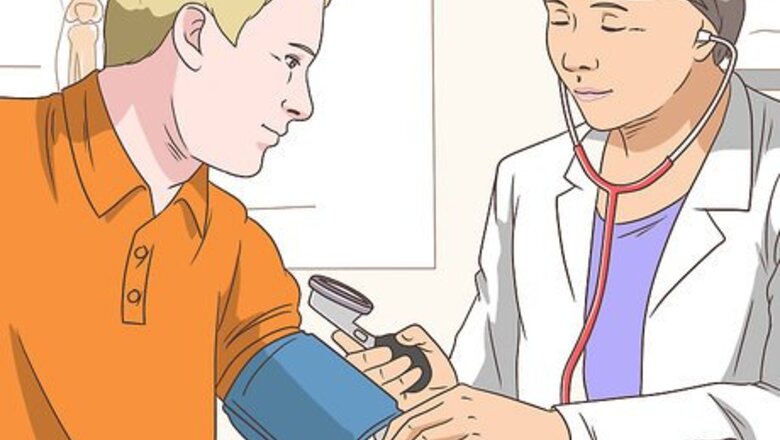
views
X
Trustworthy Source
PubMed Central
Journal archive from the U.S. National Institutes of Health
Go to source
Pericarditis usually causes chest pain, which may be sharp, when these two layers rub against each other. The pain of pericarditis often begins suddenly and doesn’t last long.[2]
X
Trustworthy Source
Mayo Clinic
Educational website from one of the world's leading hospitals
Go to source
In most cases, pericarditis is mild and clears up on its own.[3]
X
Trustworthy Source
MedlinePlus
Collection of medical information sourced from the US National Library of Medicine
Go to source
- Pericarditis is usually mild and will go away on its own if you get plenty of rest, so avoid any strenuous activities until your symptoms are completely gone.
- You might get some relief by taking an over-the-counter pain reliever, and it may help to sit upright or leaned slightly forward.
- If your discomfort doesn't go away on its own, your doctor may prescribe colchicine (Colcrys) or prednisone to treat your pericarditis.
- Occasionally, some people may experience complications from pericarditis that will need to be treated with surgery.
Easing Pericarditis with Home Care
Recognize the symptoms of a pericarditis attack. Most pericarditis attacks come on quickly and do not usually last long. The most common symptom is a sharp, stabbing chest pain that may be in the middle or left side of your chest. The pain may also be in one or both shoulders or feel like a heart attack. Being able to recognize symptoms of pericarditis can ensure that you get prompt care. Other symptoms of pericarditis include: Pain while lying down or breathing Dull ache or pressure in the chest Fever Weakness Trouble breathing Heart palpitations Coughing Fatigue
Get sufficient rest. Most mild cases of pericarditis go away with rest. If you suspect that you are having an attack of pericarditis, sit down until the pain eases. Avoid any strenuous activity until you feel better, which can prevent a further attack. Continue to rest if you have a fever that accompanies any pain. Go back to your regular activities only when you have no symptoms of pericarditis.
Take an over-the-counter (OTC) pain reliever. If you have had bouts of pericarditis in the past, your doctor may suggest taking an OTC pain reliever. This can minimize pain and inflammation until the pericarditis subsides. Anti-inflammatory pain relievers such as aspirin and ibuprofen are most often used to ease the discomfort of pericarditis. Following dosing instructions given by your doctor or on the pain reliever’s label.
Switch your position. Some people may find that certain positions make their pericarditis worse. If you are experiencing an attack, try sitting up and/or leaning forward, which may ease your pain. Recognize that lying down or deep breathing may make your pericarditis worse.
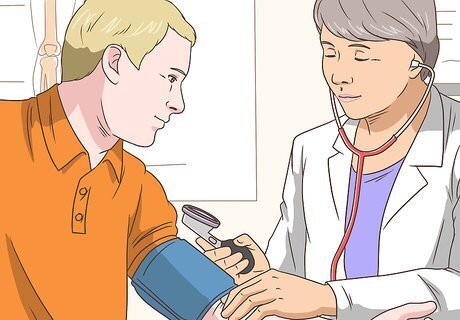
Minimize your risk of pericarditis. In most cases, you can’t prevent pericarditis; however, you can minimize the risk of having another episode, experiencing complications or developing chronic pericarditis. You can do this by: Getting prompt treatment Following your treatment plan Getting ongoing medical care
Seeking Medical Treatment for Pericarditis
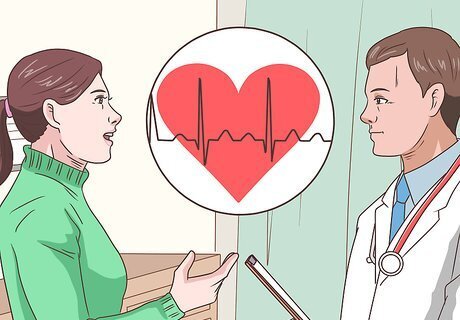
See your doctor as soon as possible. Only a doctor can diagnose pericarditis. If you have a prolonged bout of pericarditis that doesn’t respond to home treatment or you suspect you may have the condition, schedule an appointment with your doctor. Explain to the staff why you are calling so that they can accommodate you quickly. Tell your doctor any symptoms you’ve had and what measures you have taken to ease them. Let the doctor know how the pain feels, where its located, and what makes it better or worse. Answer any questions your doctor might have for you. These may include whether you’ve had a recent respiratory infection or flu-like illness, a heart attack or injury to your chest, or any other medical conditions.
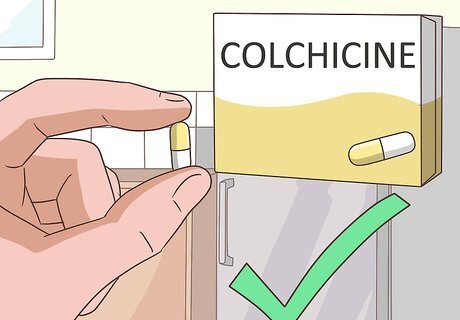
Use colchicine. Your doctor may prescribe colchicine (Colcrys) if you have acute or recurrent pericarditis. Colchicine is a drug that minimizes inflammation throughout the body. It can reduce the length of pericarditis symptoms and decrease the risk of recurrence. Be aware that colchicine is not safe for people with liver or kidney disease. It is also not safe when taking certain medications. Your doctor will check to make sure you’re not taking anything that may react with colchicine.
Take prednisone. If your pain is especially severe, your doctor may prescribe you prednisone, which is a steroid medication. Your doctor may also have you take prednisone if you don’t respond to other treatments or your symptoms are recurrent.
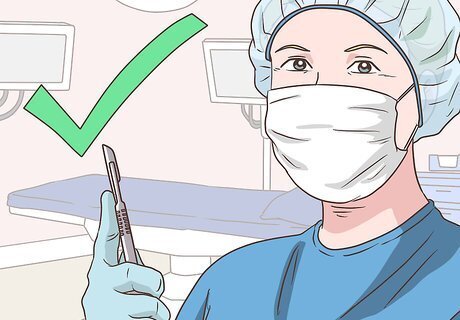
Undergo surgery for pericarditis complications. There are two serious complications that can develop as a result of pericarditis. Cardiac tamponade is a condition where fluid builds up around the heart. Constrictive pericarditis is chronic inflammation of the pericardium with thickening and scarring. Treatment for both of these conditions is surgery. If you have either, your doctor will suggest one of the following surgical procedures: Pericardiocentesis, a procedure that requires the insertion of a small needle or tube to remove excess fluid in the pericardium. This relieves pressure on your heart. Pericardiectomy, a procedure to remove the pericardium and any scarring you may have. Pericardial window, which is when the surgeon makes an incision under the breastbone or through the ribs to reach the pericardium and drain the excess fluid. This can also help to prevent future fluid buildup in the pericardium.




















Comments
0 comment